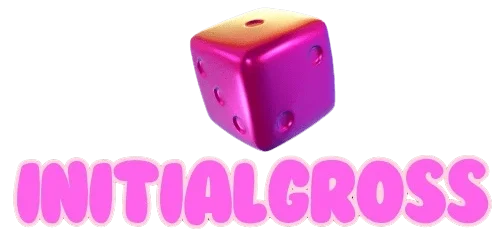The PlayStation brand has always been more than just a console—it’s a cultural force. From its debut in the late ’90s, Sony’s approach to hoki99 gacor gaming has consistently emphasized cinematic storytelling, cutting-edge technology, and broad genre diversity. As a result, PlayStation games have become synonymous with innovation and emotional impact. These aren’t just digital products; they’re experiences that define childhoods, friendships, and entire eras in gaming history.
Titles like Final Fantasy VII, Metal Gear Solid, and The Last of Us weren’t just among the best games on their respective consoles—they helped shape how we talk about games in popular culture. These releases were global events, sparking discussions online and offline about plot twists, moral choices, and unforgettable characters. Whether it was Cloud Strife’s brooding complexity or Ellie and Joel’s harrowing journey, PlayStation games gave players stories to invest in deeply.
Even portable titles played a role in this cultural revolution. PSP games like Daxter, Monster Hunter Freedom Unite, and Resistance: Retribution pushed the envelope for handheld experiences. They brought cinematic storytelling and high-stakes gameplay into a device that fit in your pocket. These games helped extend the reach of PlayStation’s vision, proving that emotional impact and high quality weren’t limited to home consoles.
As the medium matures, it’s clear that many of the best games ever created have lived under the PlayStation banner. They’re not just important because they sold millions of copies—but because they influenced the way we think about storytelling, immersion, and the potential of interactive media.
